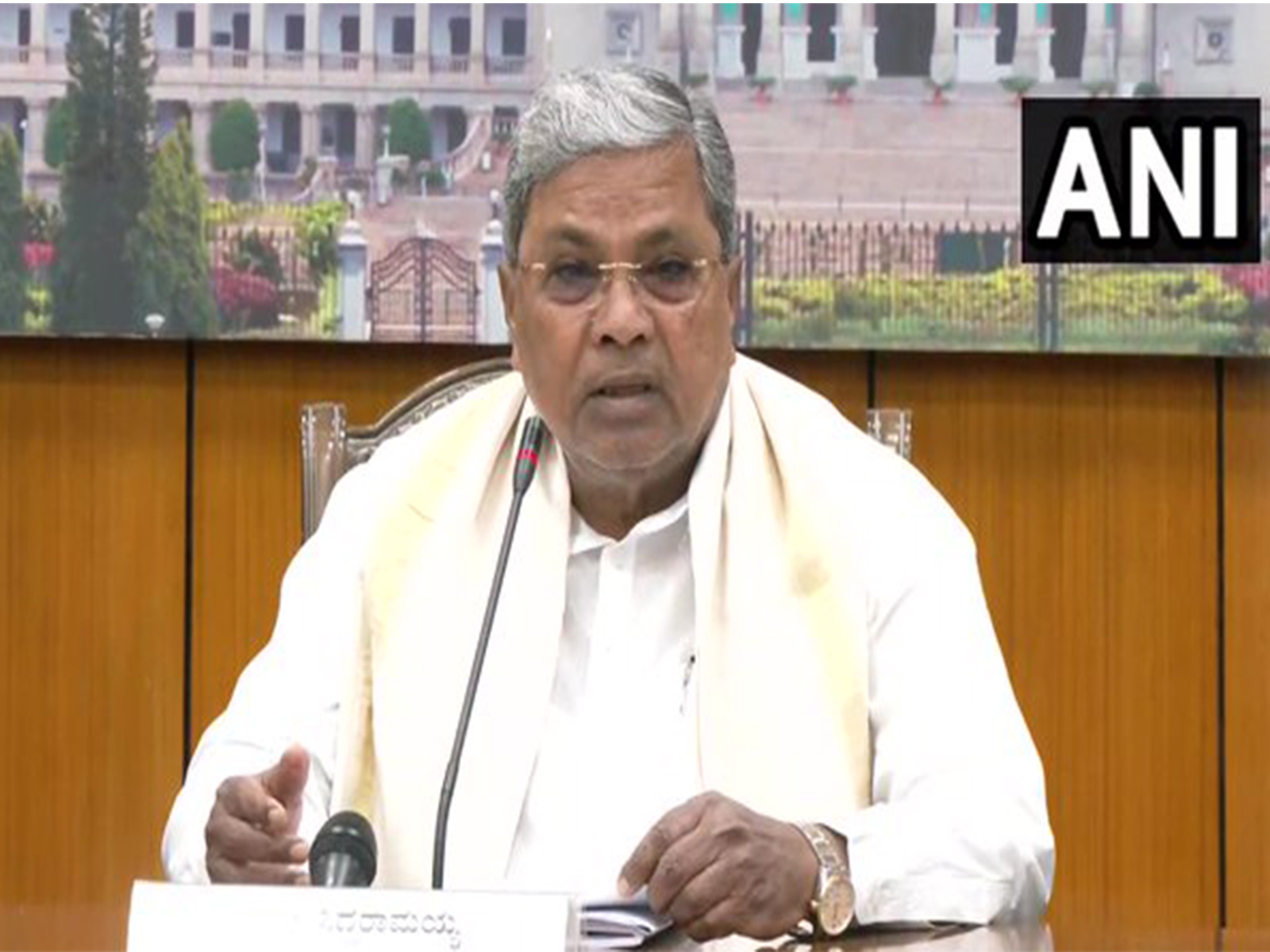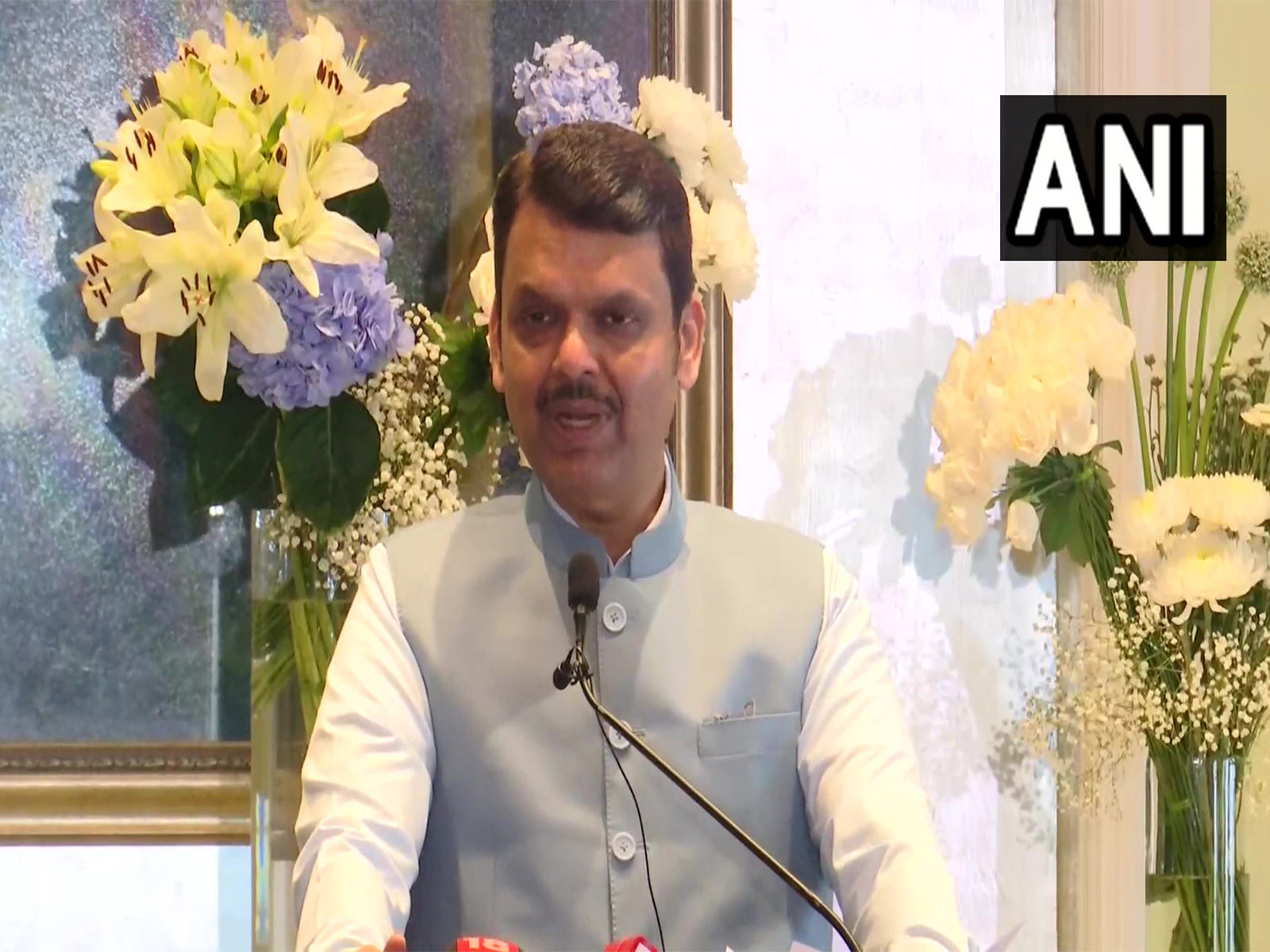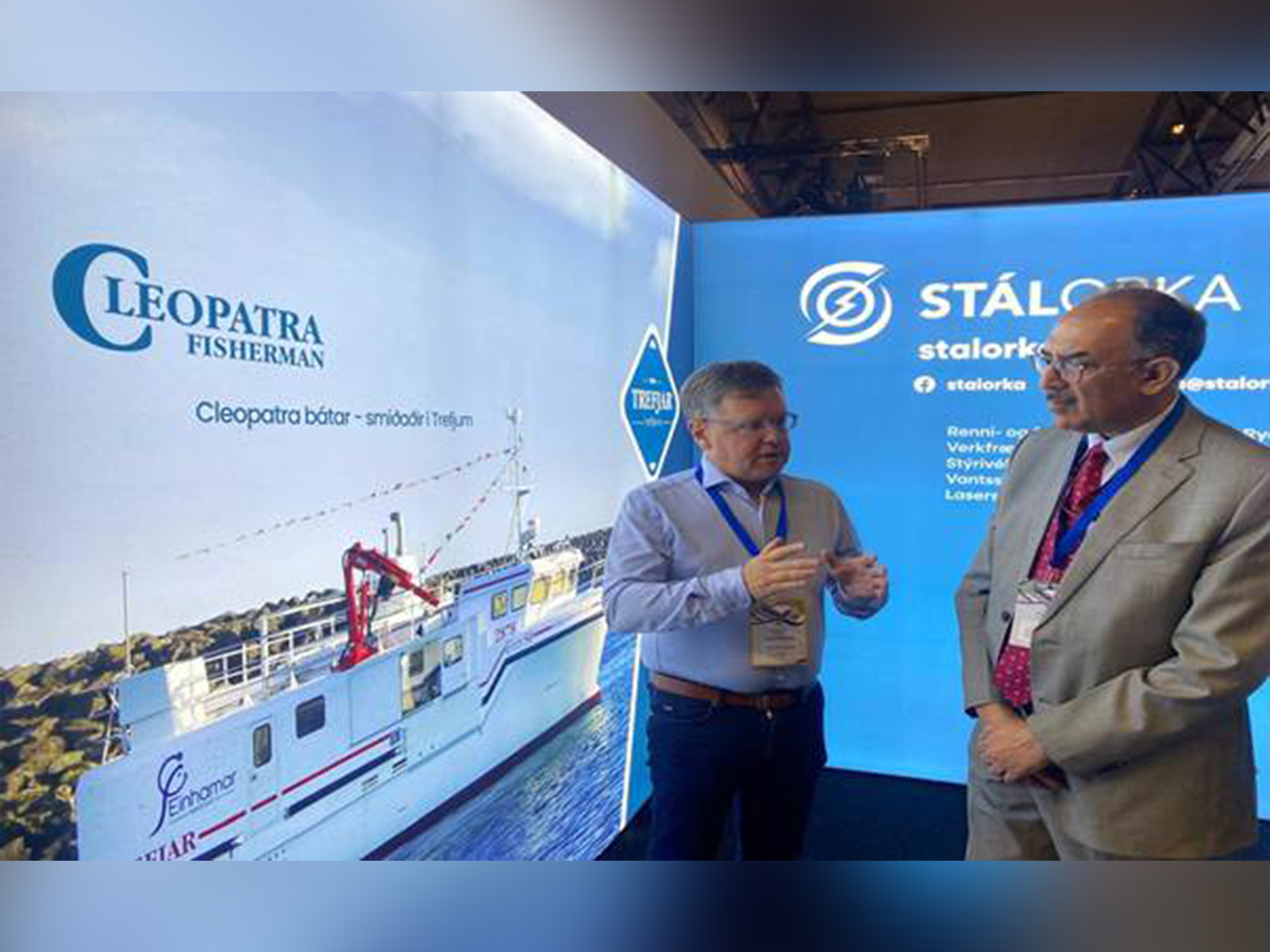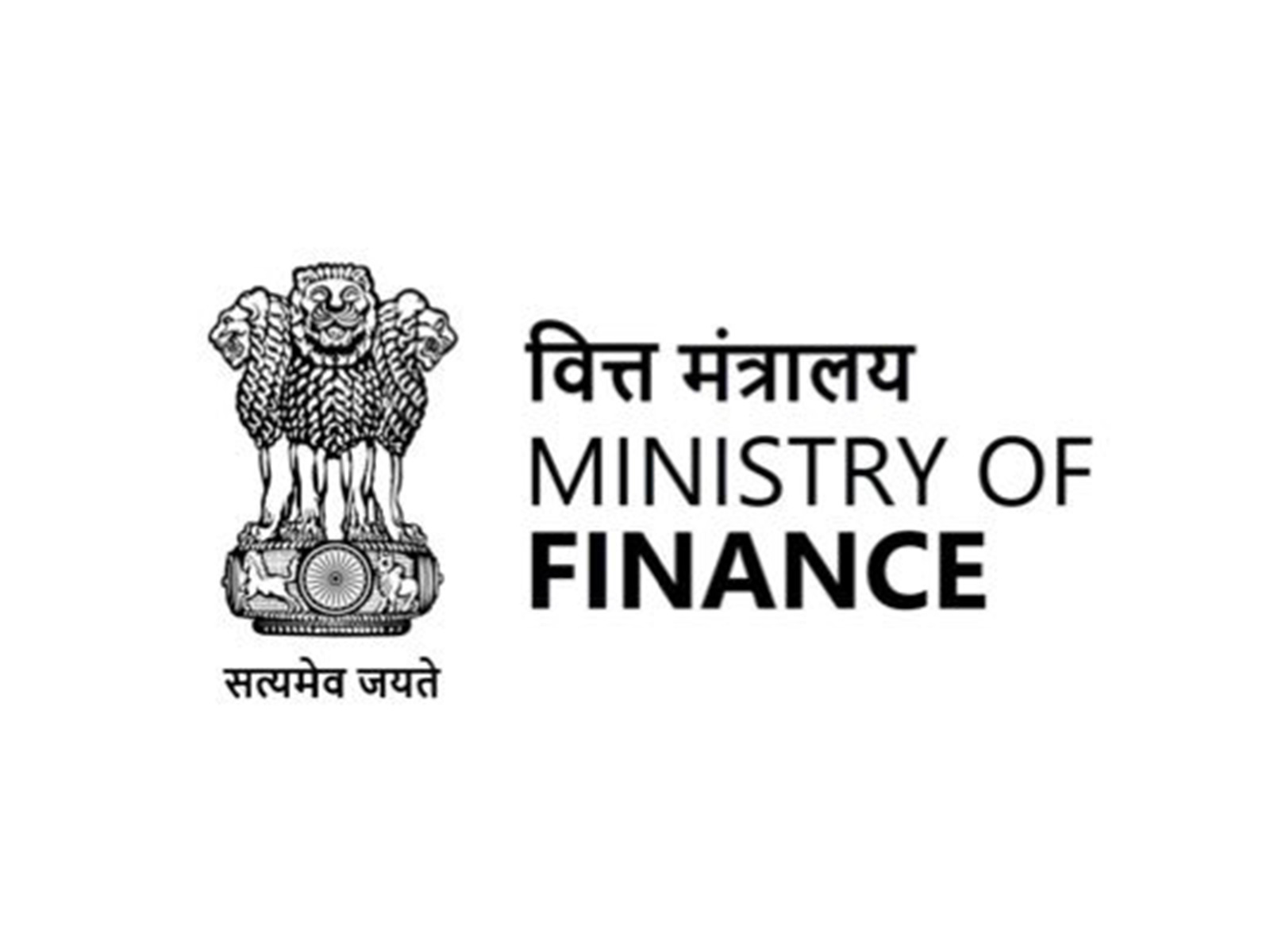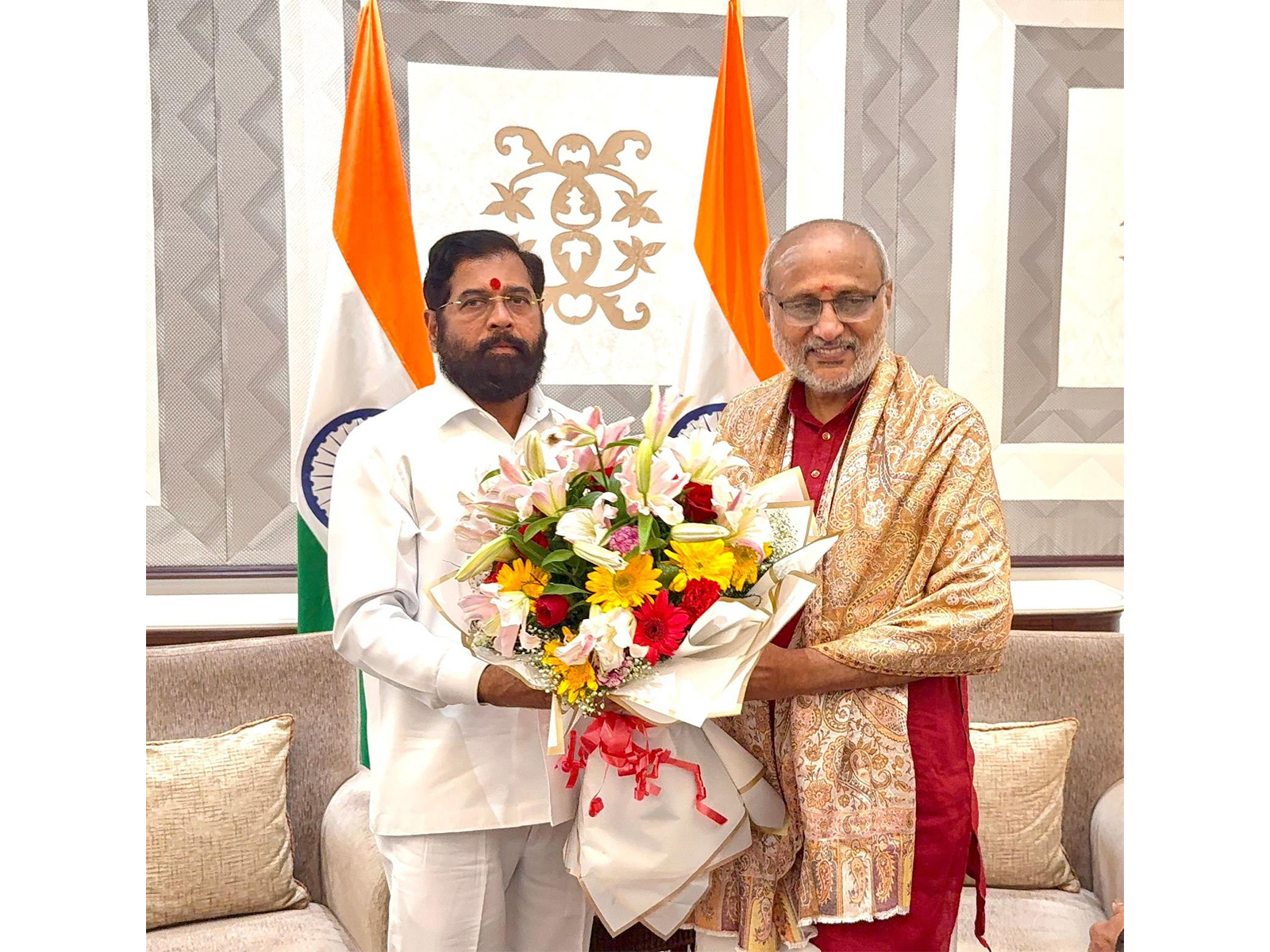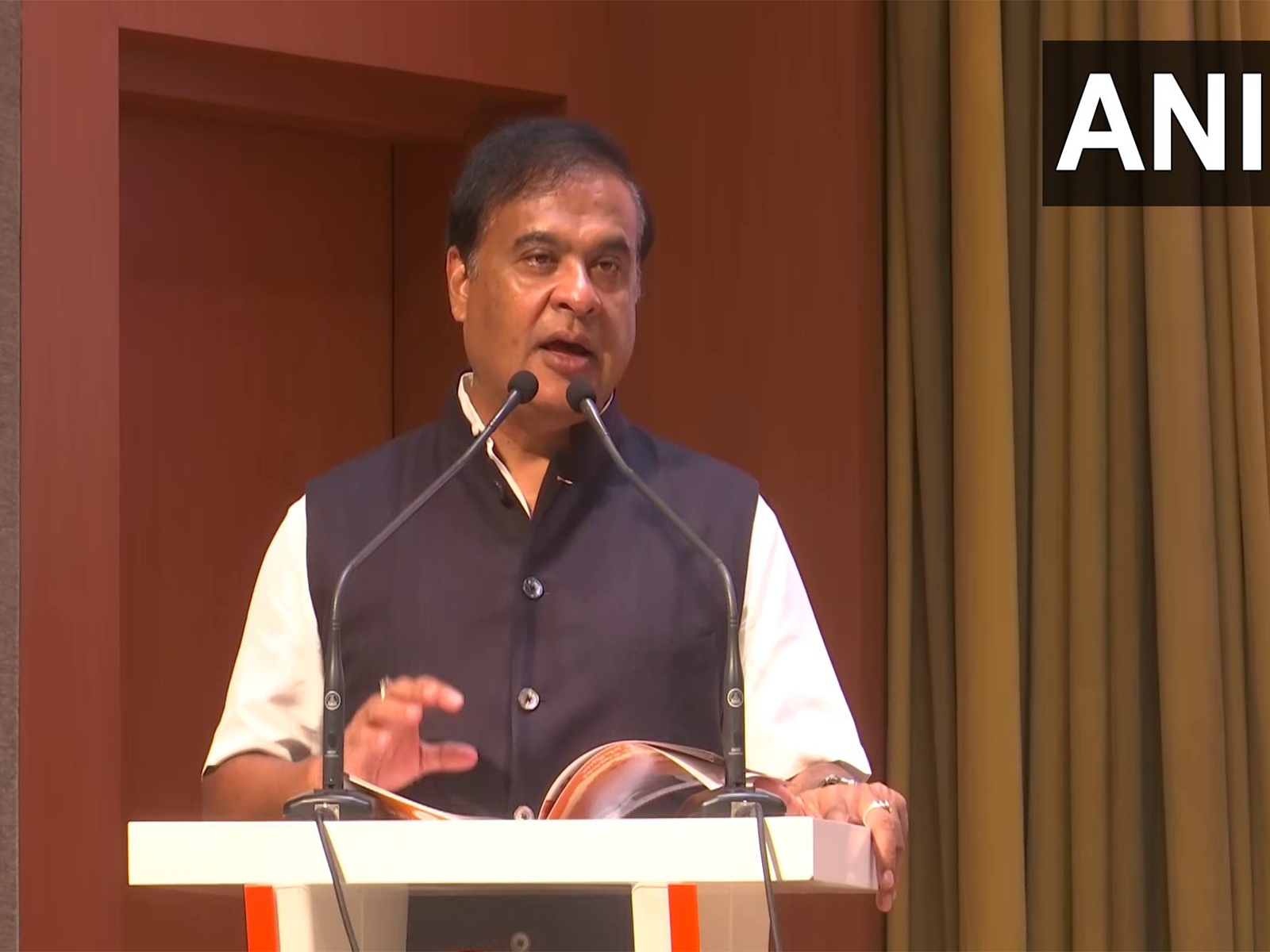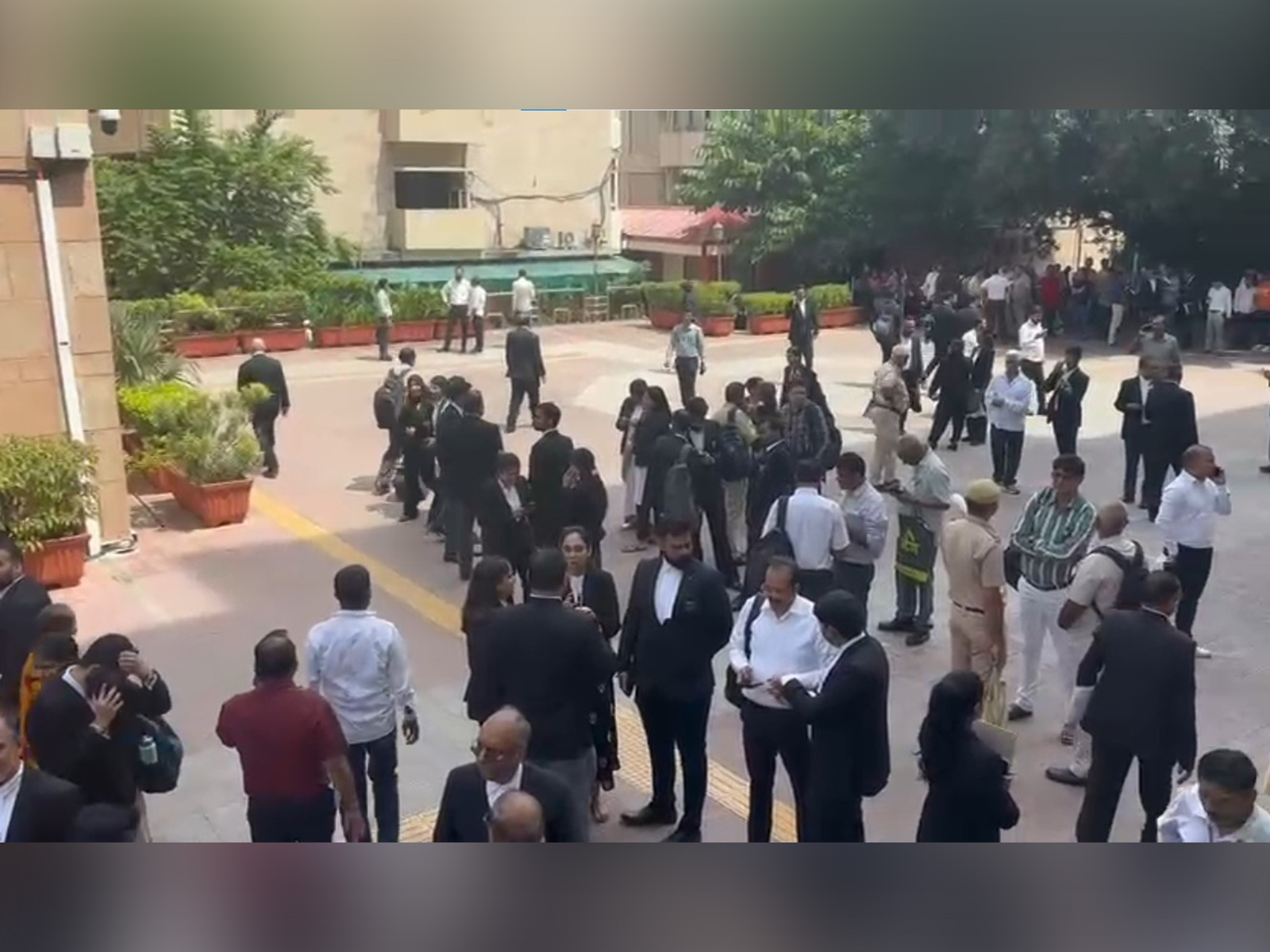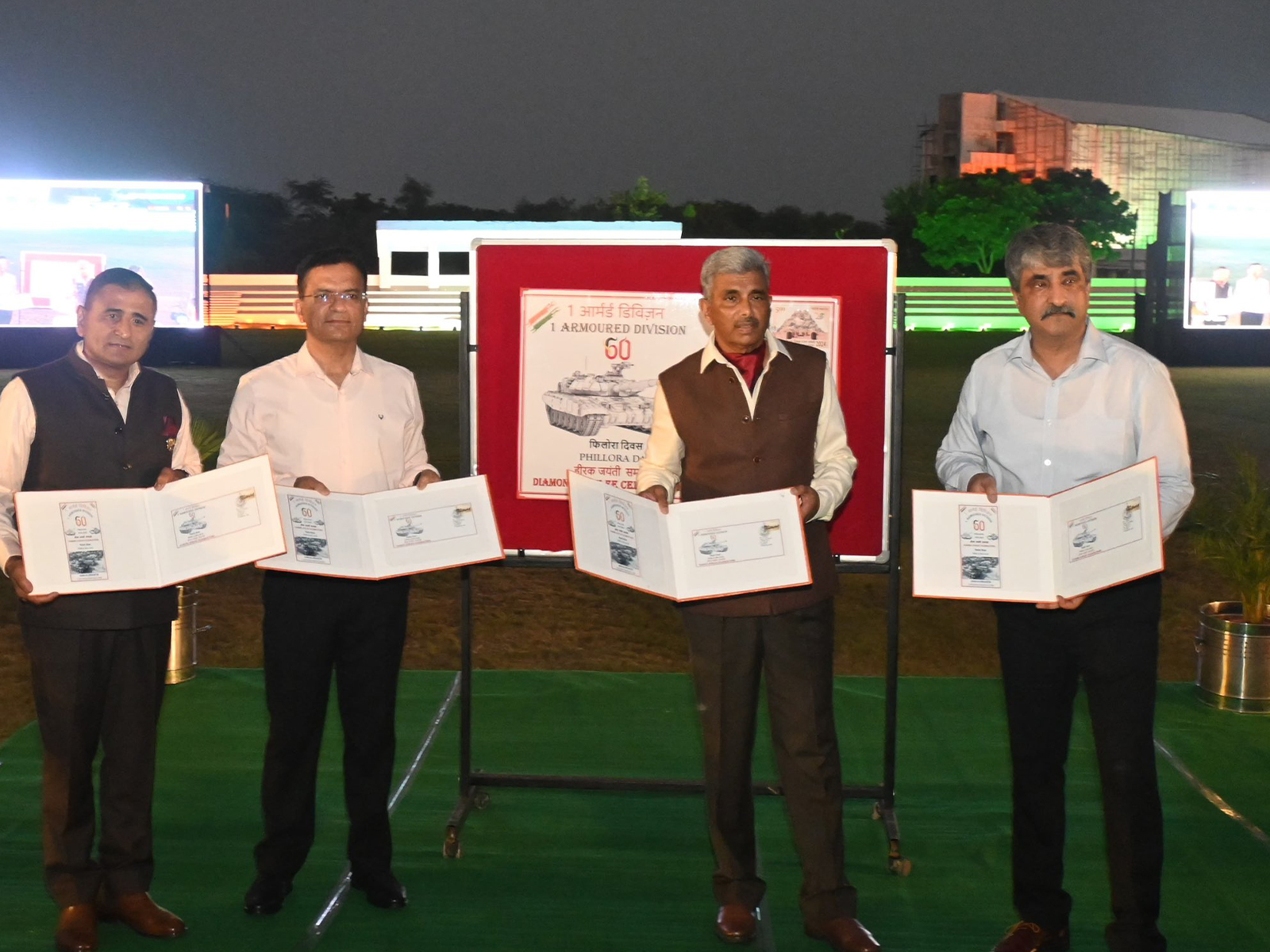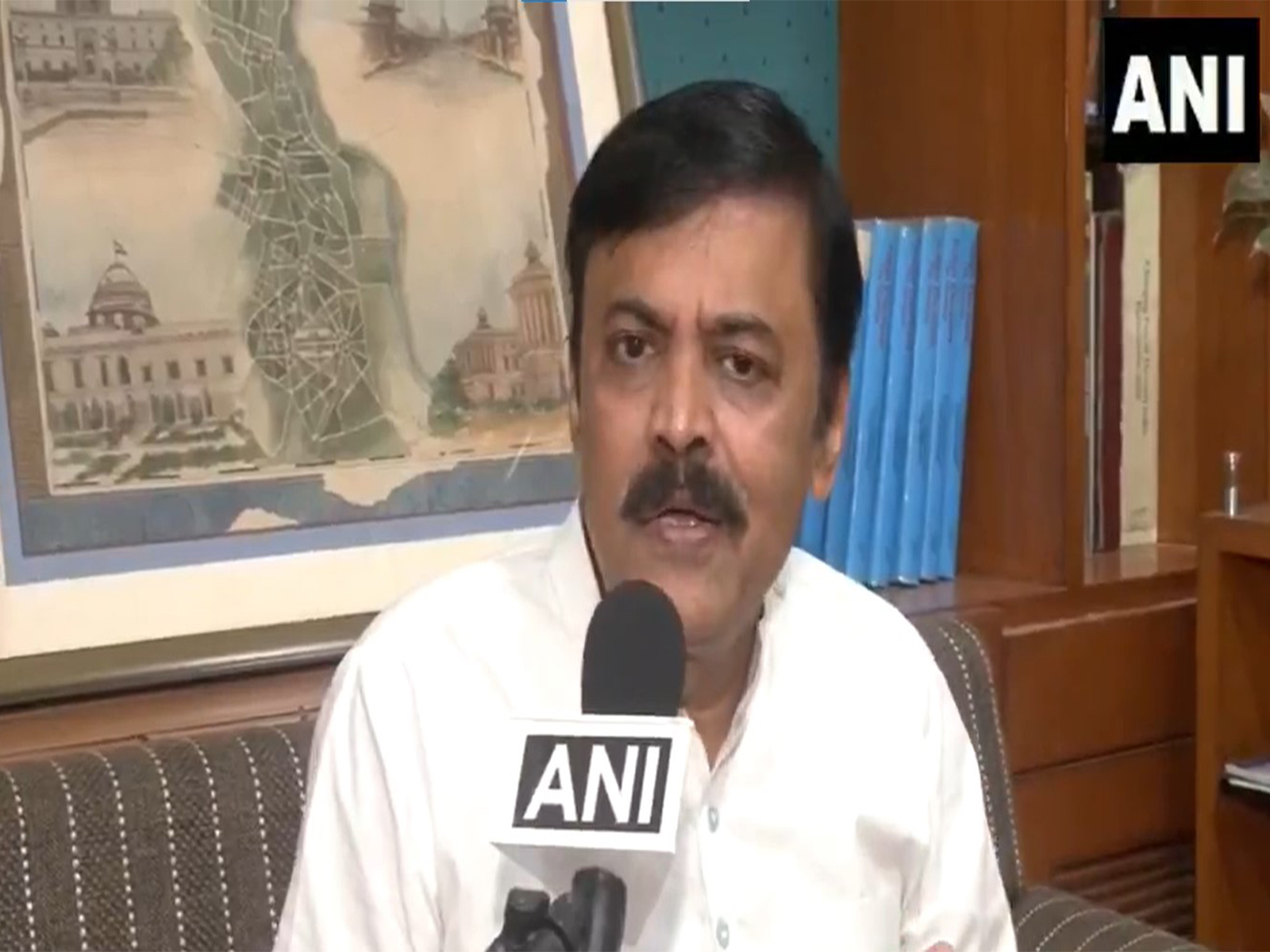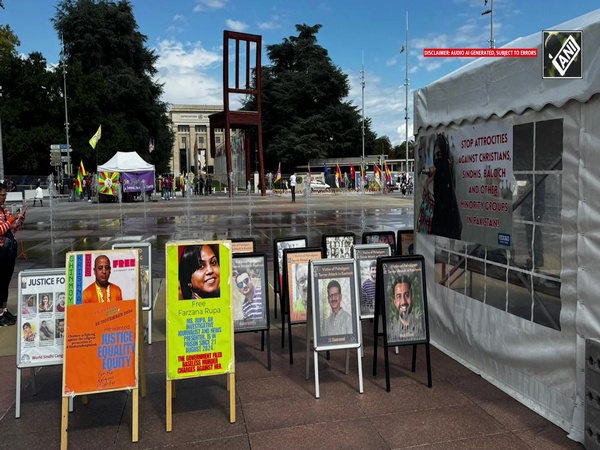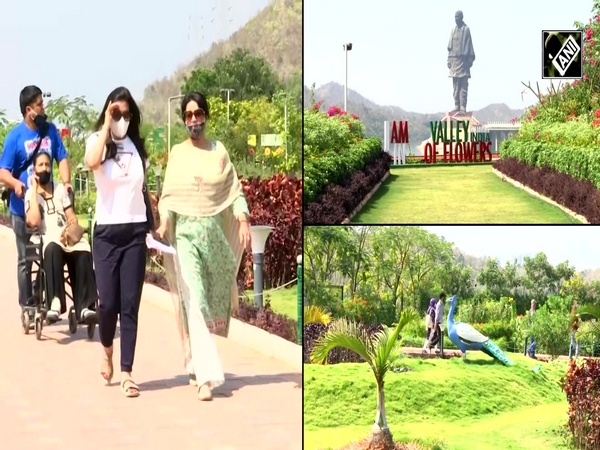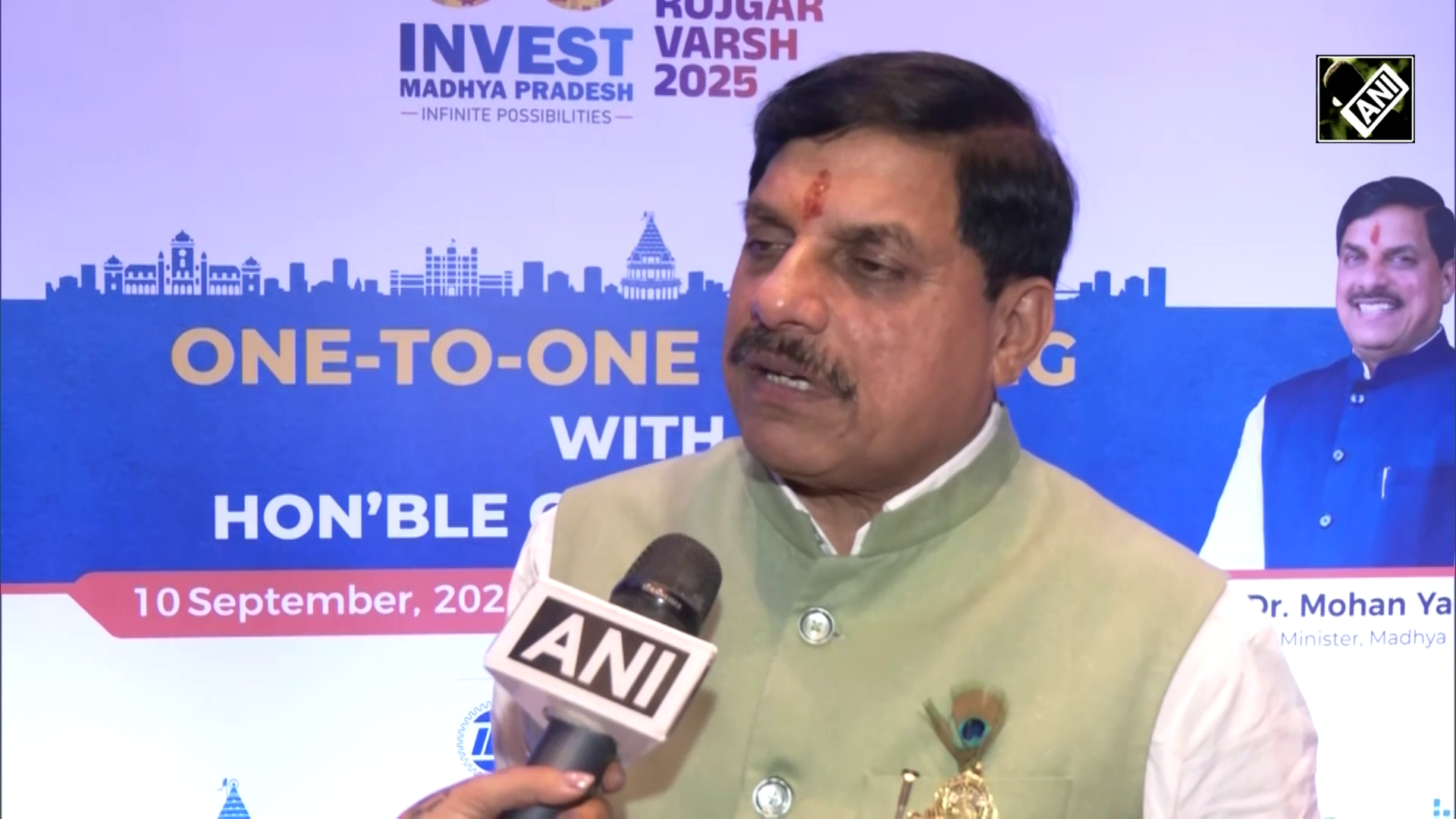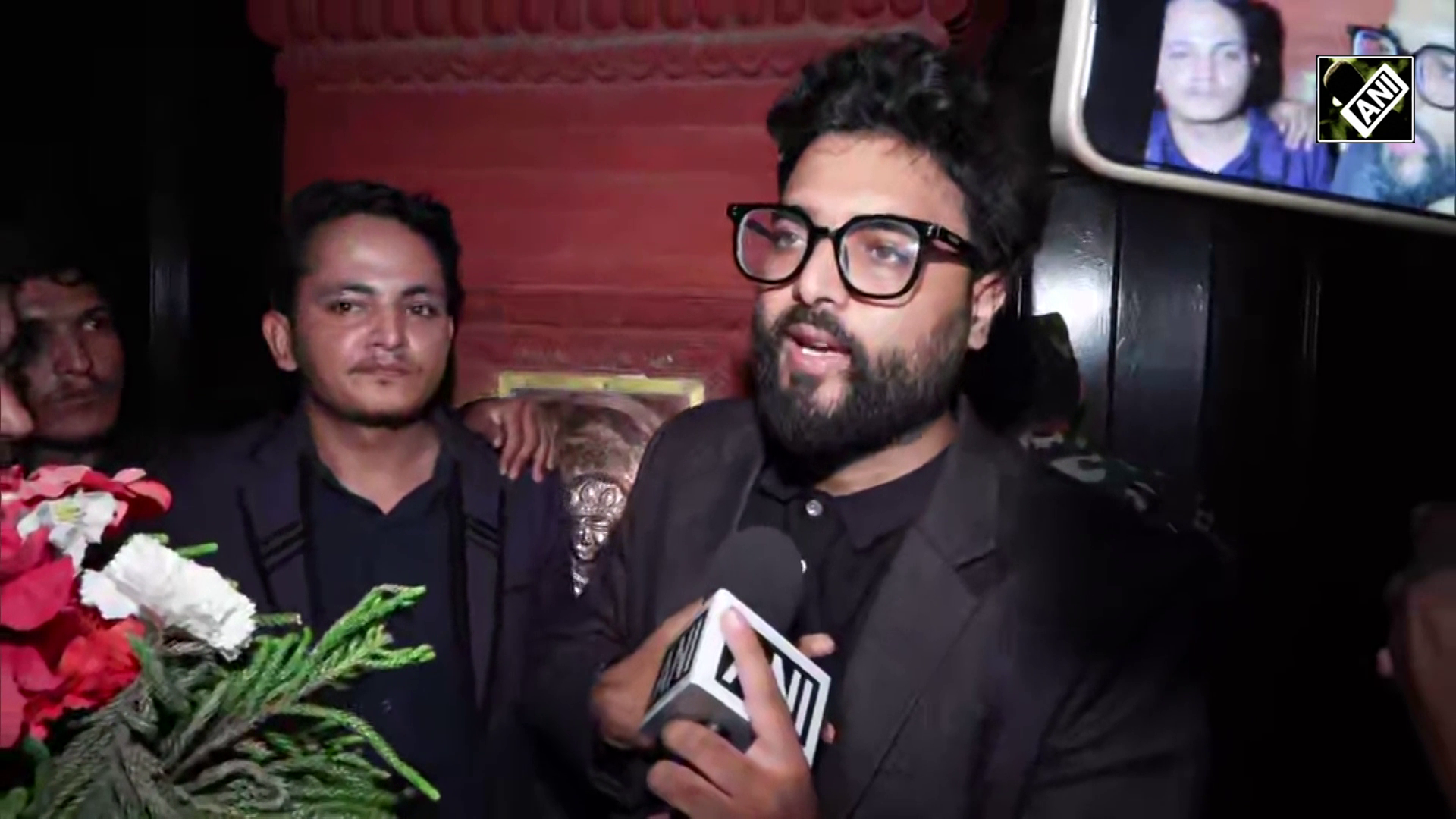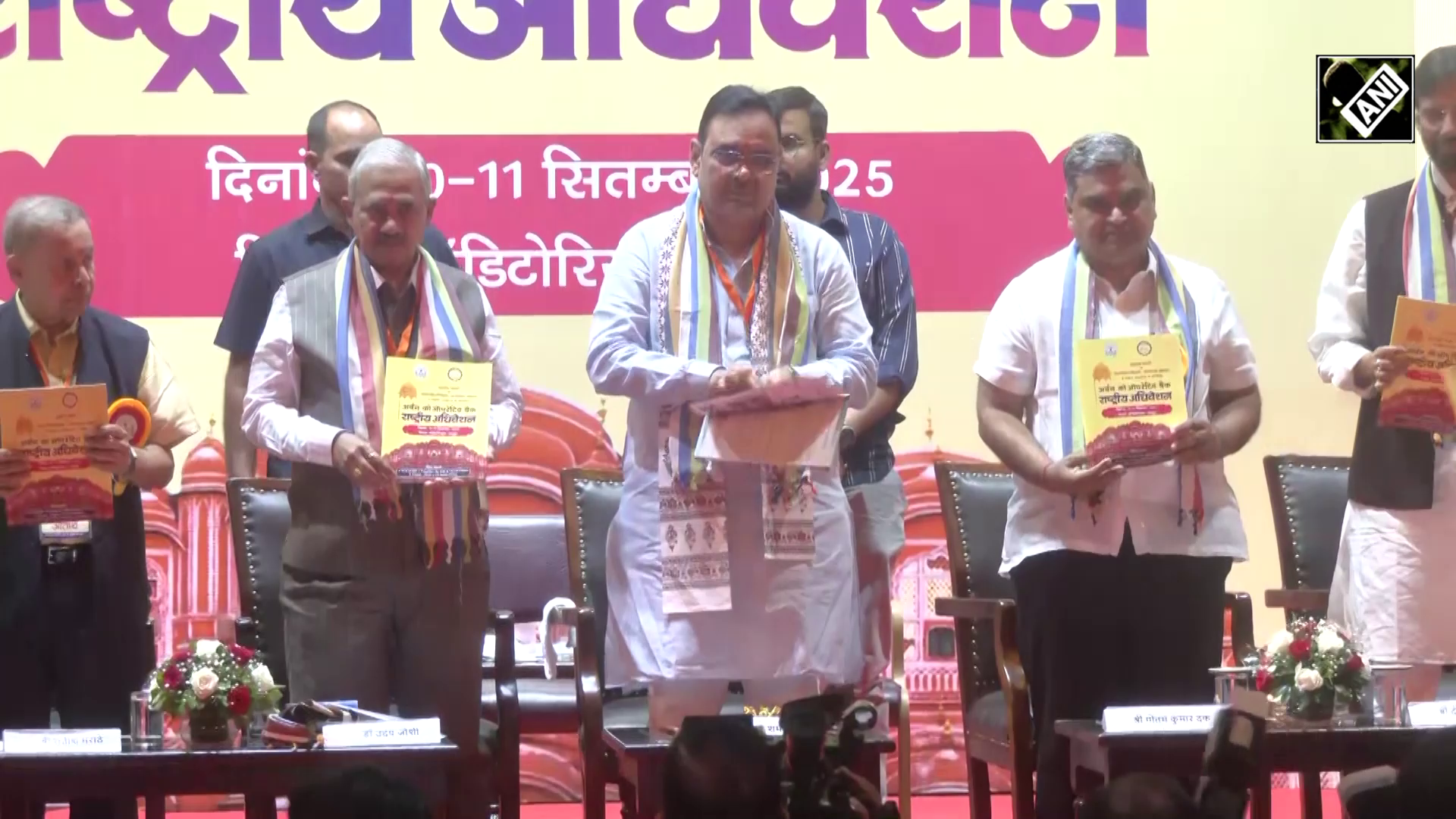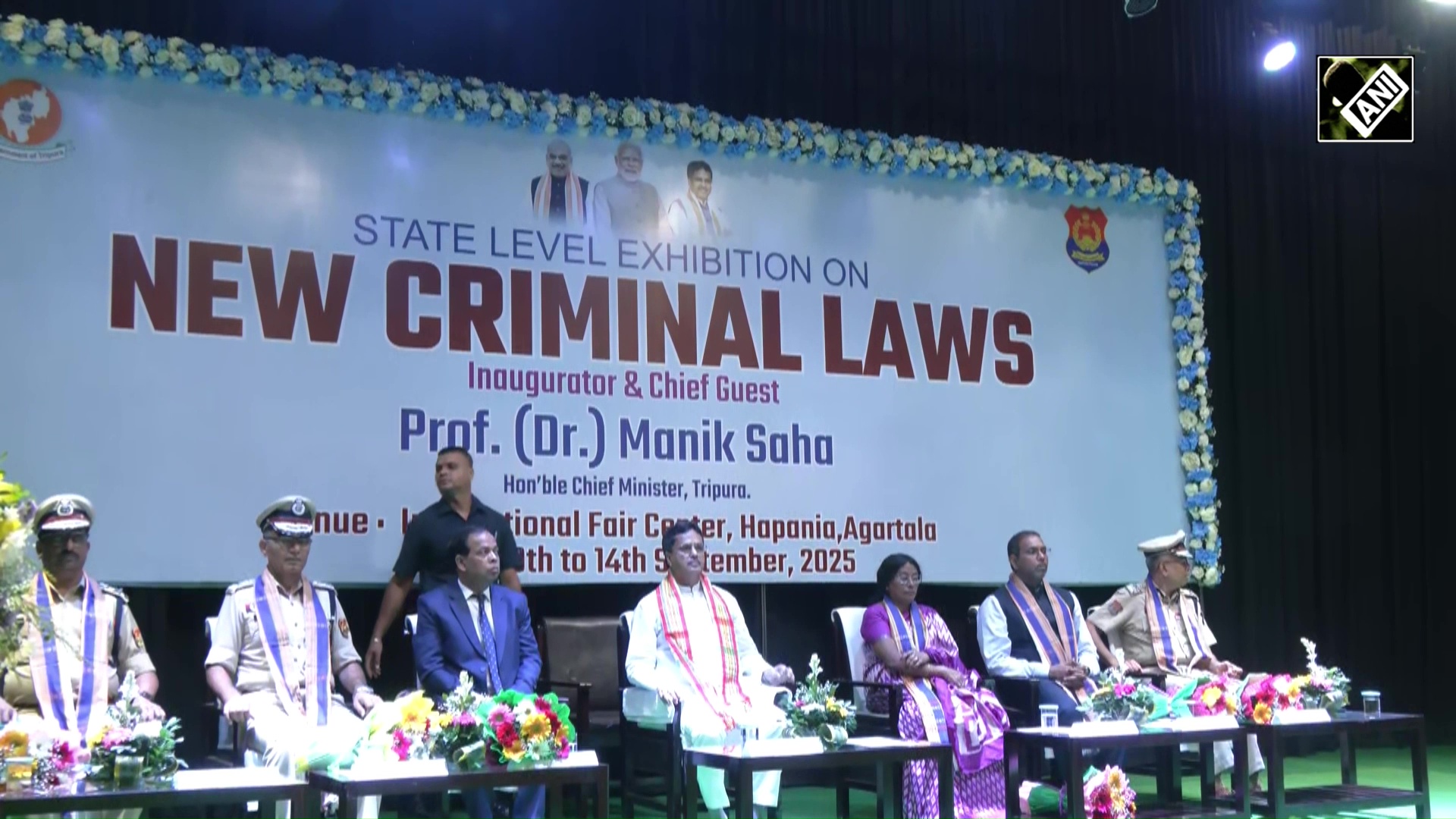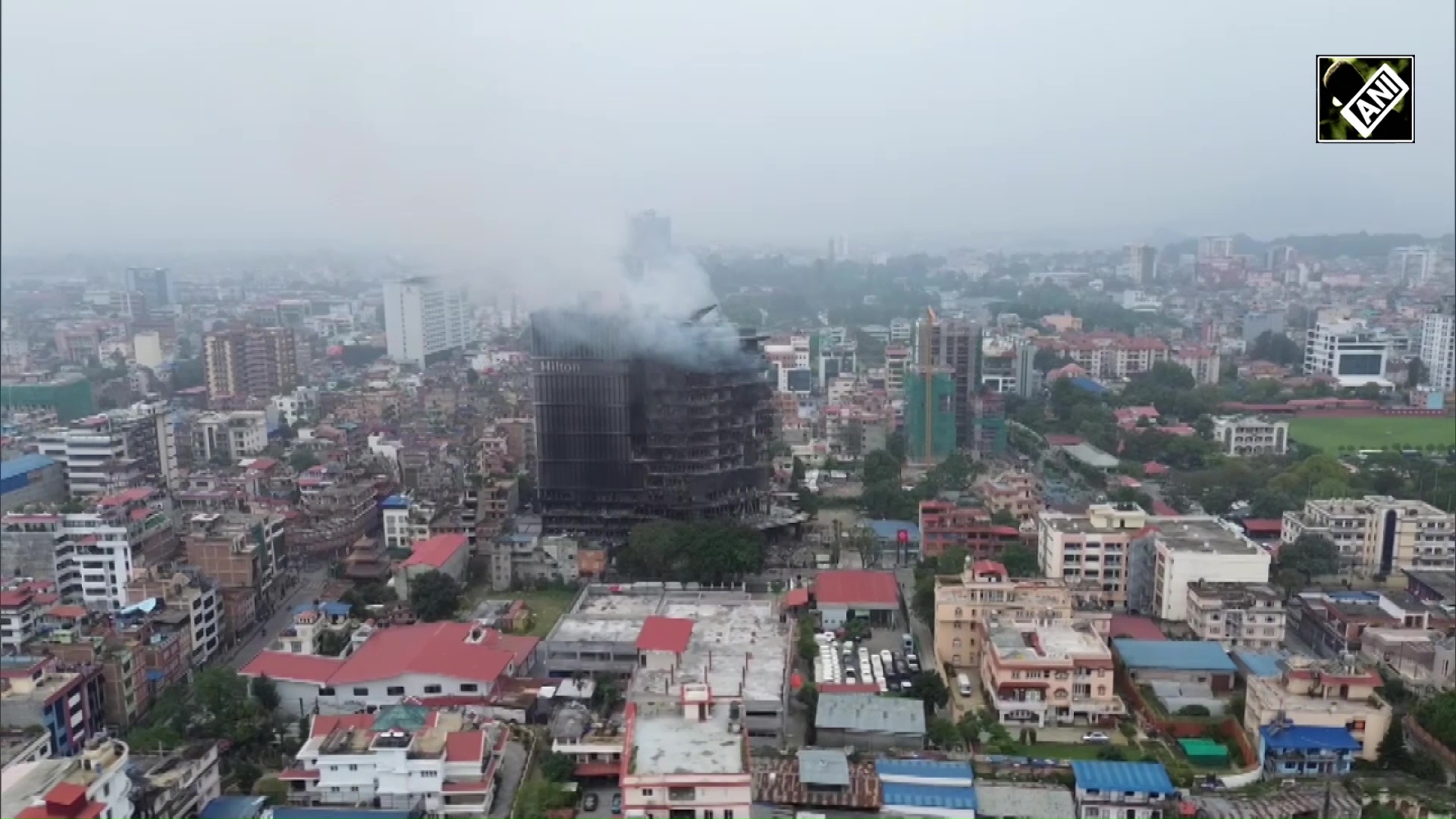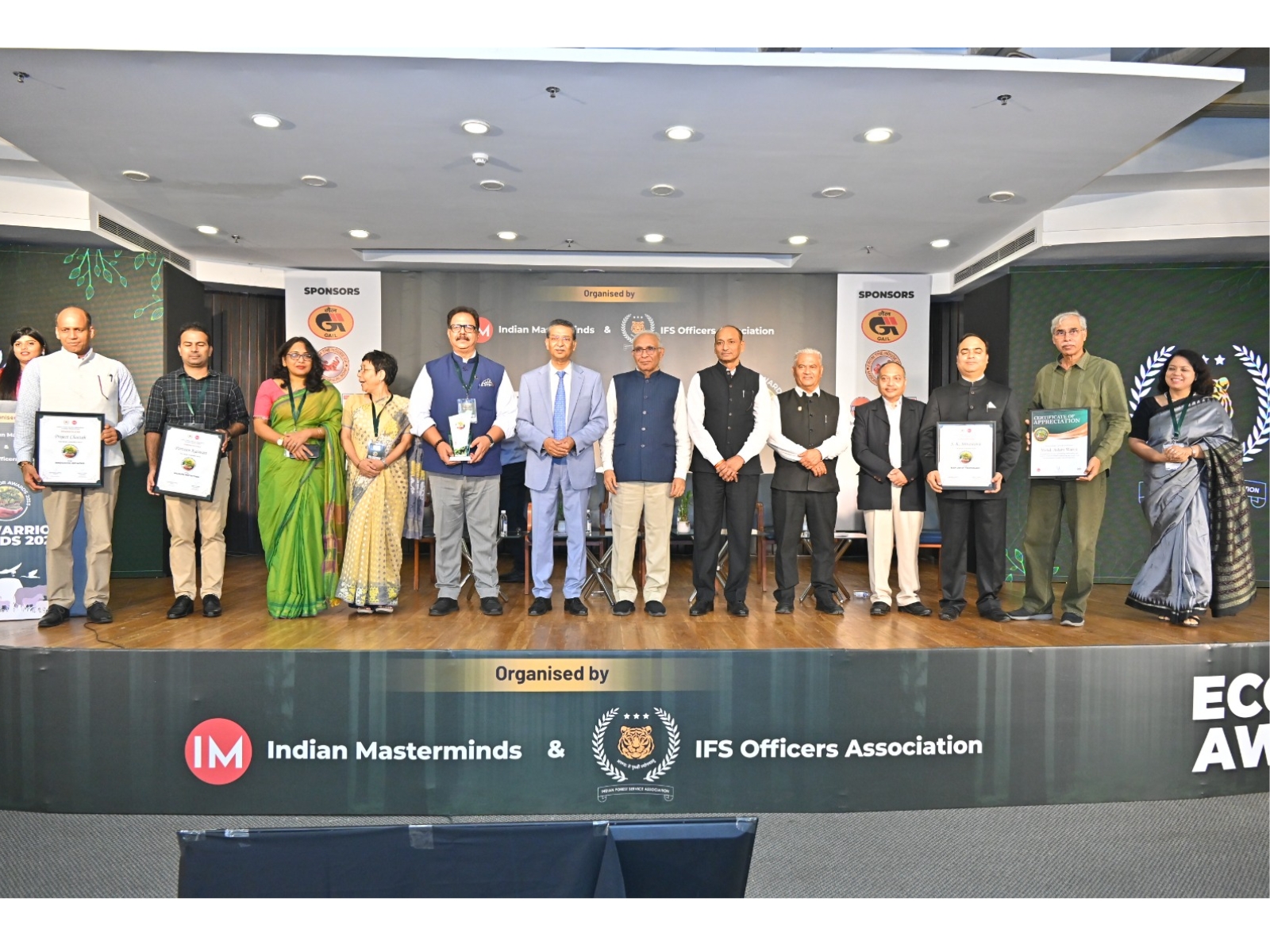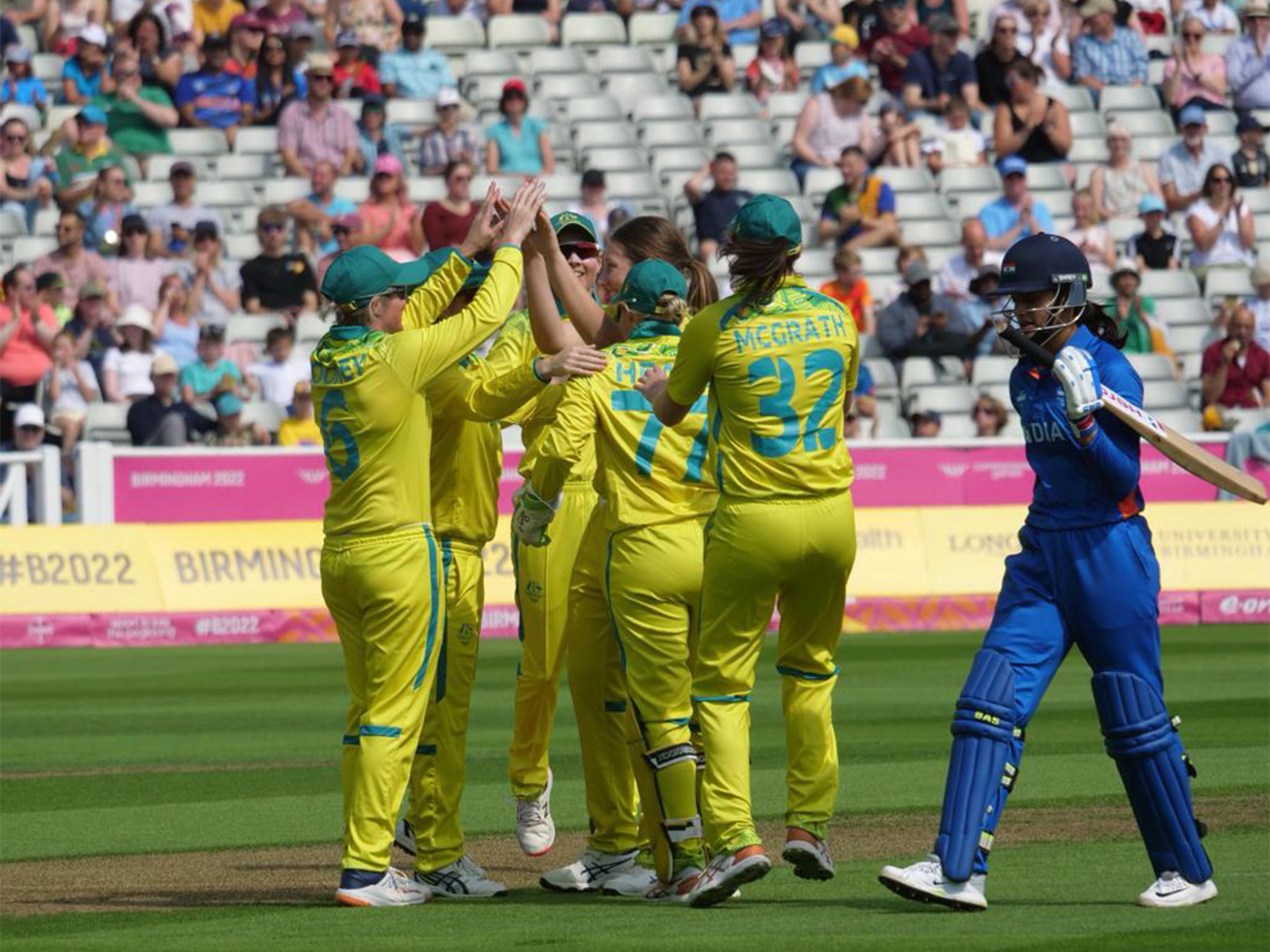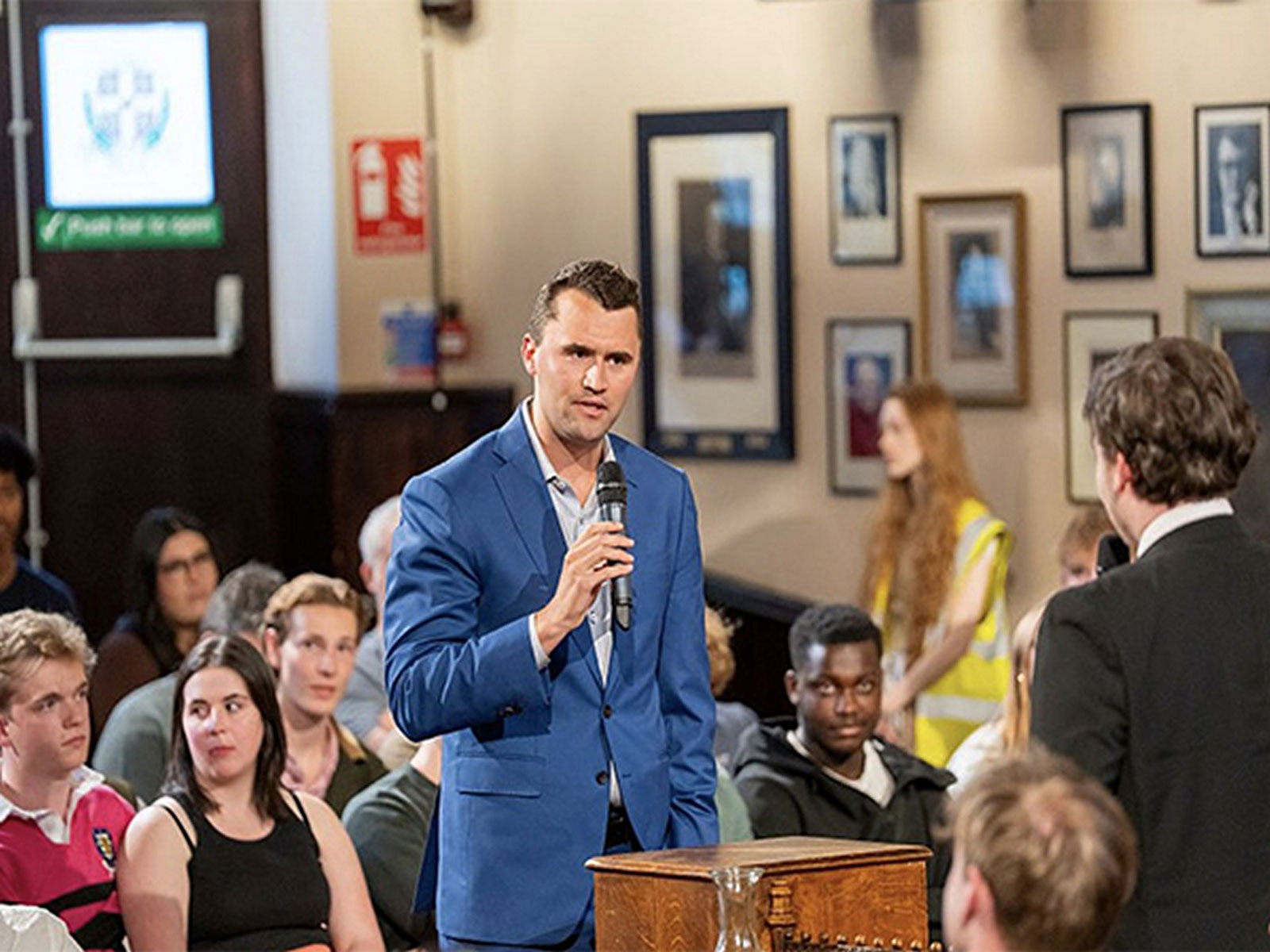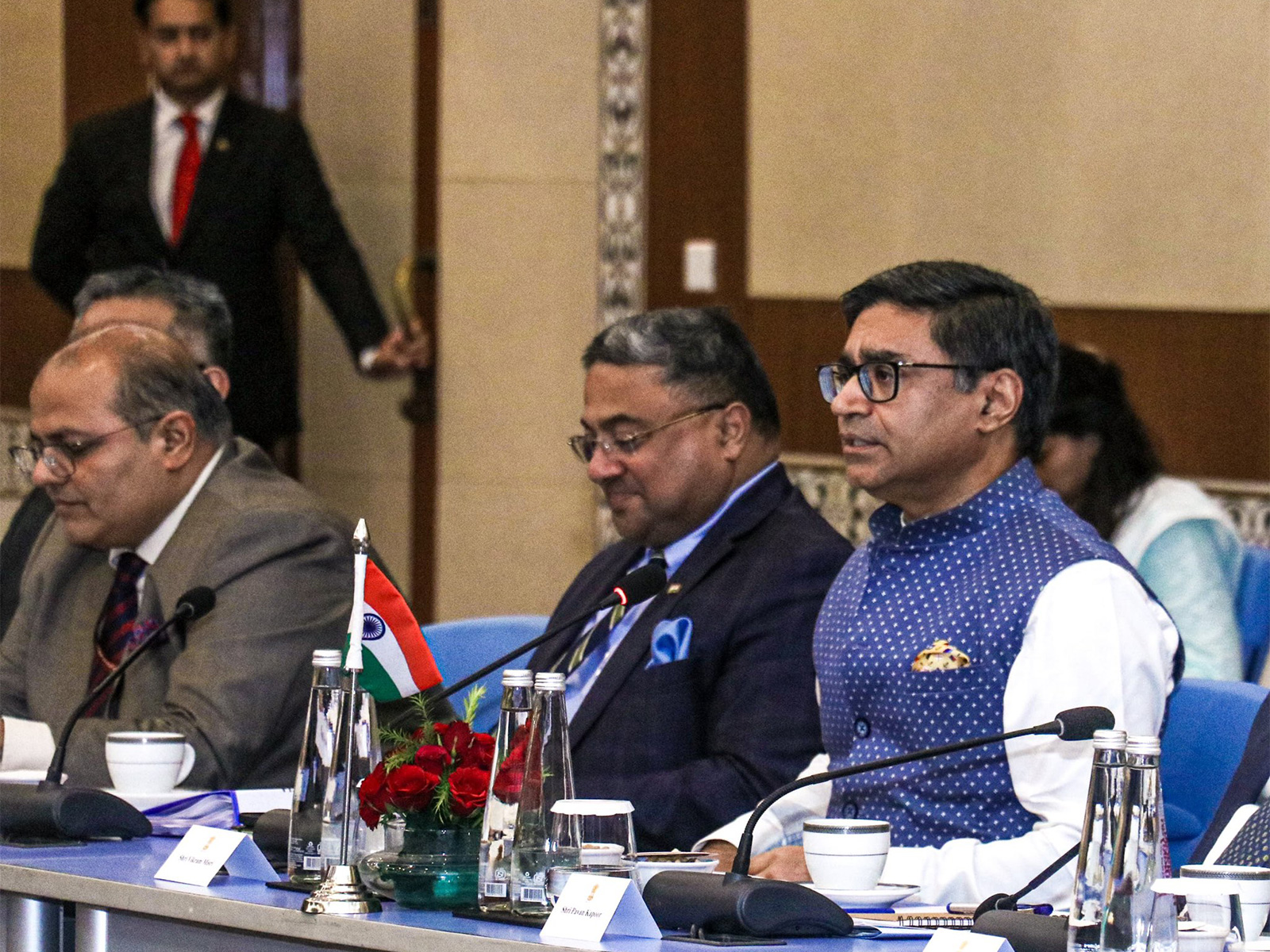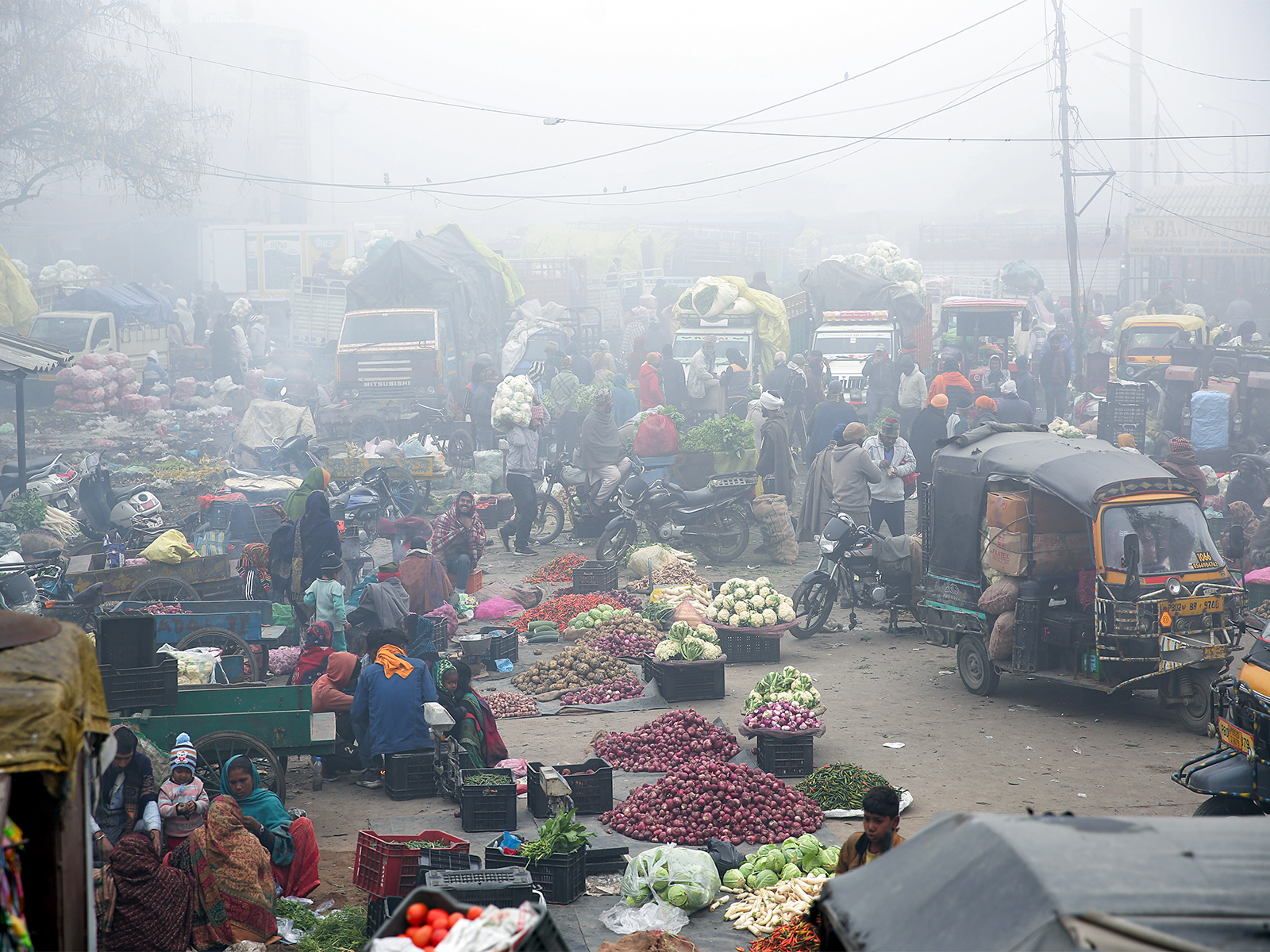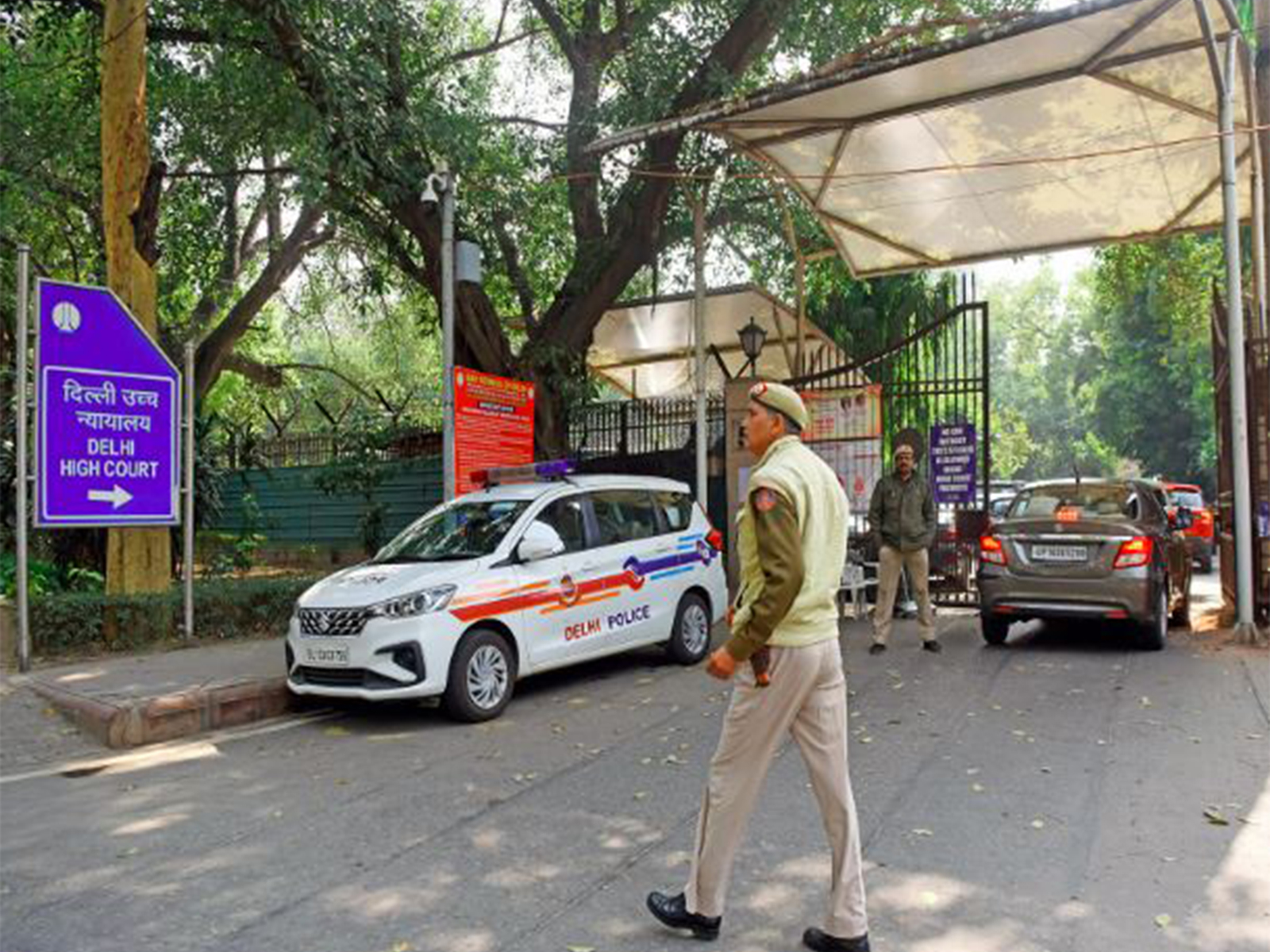
Delhi HC flags probe gaps in mid-air disruption case; remands matter for reconsideration
Sep 12, 2025
New Delhi [India], September 12 : The Delhi High Court remanded a case back to the Trial Court concerning allegations of disruptive and threatening conduct on board an international flight bound for Delhi.
The bench of Justice Swarna Kanta Sharma observed that despite the seriousness of the charges, the investigation remained incomplete as the statements of crucial independent witnesses had not been recorded, even after a considerable lapse of time.
According to the prosecution, the passenger in question had repeatedly attempted to open an aircraft door mid-air, abused crew members, issued threats that endangered the safety of passengers and staff, and damaged airline property.
The incident was classified as a high-level safety breach under aviation regulations, and a written warning was issued by the Captain in accordance with civil aviation requirements. The individual was ultimately restrained for the remainder of the flight to ensure security.
In defence, it was argued that the behaviour stemmed from a medical condition, supported by medical assessments and records, and therefore, the protection of law regarding unsoundness of mind should apply.
The State and the complainant, however, opposed this plea, maintaining that the conduct was deliberate, dangerous, and amounted to a serious threat to aviation safety.
The High Court stated that the testimony of independent co-passengers, who were directly involved in witnessing the warning issued and in restraining the passenger, was essential for a fair determination. The court observed that the Trial Court ought to have waited for the supplementary chargesheet containing these statements before framing charges.
The matter has now been sent back to the Trial Court with directions to call upon the investigating agency to explain the delay, to take on record any supplementary material that may be filed, and to reconsider the issue of charges afresh.
The Court clarified that its observations were confined to the present petition and would not prejudice the case during further proceedings.
